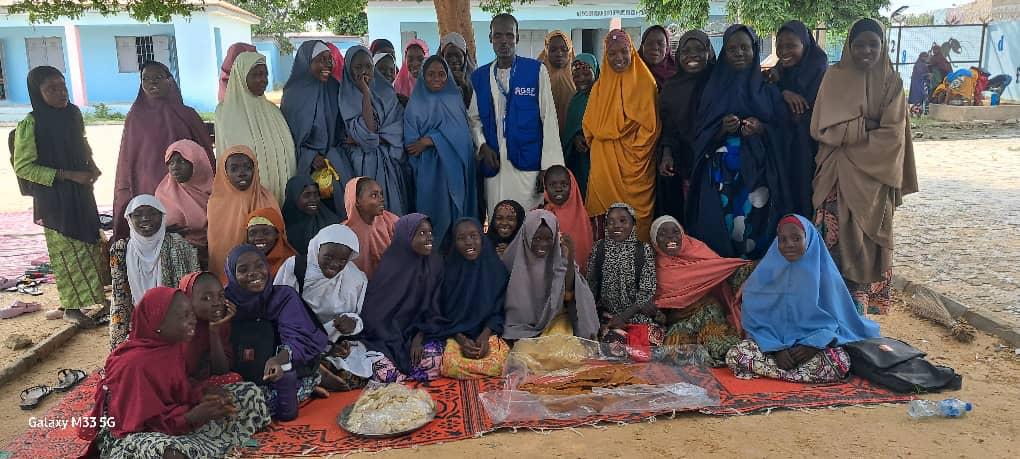
How we work
Discover how we deliver our across thematic focus areas
Grow Strong Foundation aims to create sustainable solutions that empower and uplift marginalized communities.
GSF implements programs and projects aimed at improving social protection mechanisms and community development. We support vulnerable groups, including children, women, and internally displaced persons (IDPs), by providing access to education, general protection, healthcare, livelihood opportunities, and other essential services to enhance their overall well-being.
Recognizing the profound impact of insurgency on communities in Borno, Adamawa and Yobe states, GSF is dedicated to implementing peacebuilding initiatives aimed at nurturing dialogue, fostering reconciliation, and establishing sustainable peace.
Grow Strong Foundation has also been conducting awareness campaigns on peacebuilding and conflict analysis to facilitate the development of contextually appropriate local solutions to the insecurity prevalent in Zamfara State.
How we do it
At Grow Strong Foundation, our work is rooted in a deep commitment to empowering marginalized communities—especially women, children, youth, and persons with disabilities—through inclusive, sustainable, and community-driven interventions.
We achieve our mission through:
01Integrated Program Delivery
02Advocacy and Policy Influence
03Community Engagement Empowerment
04Strategic Partnerships
05Capacity Building
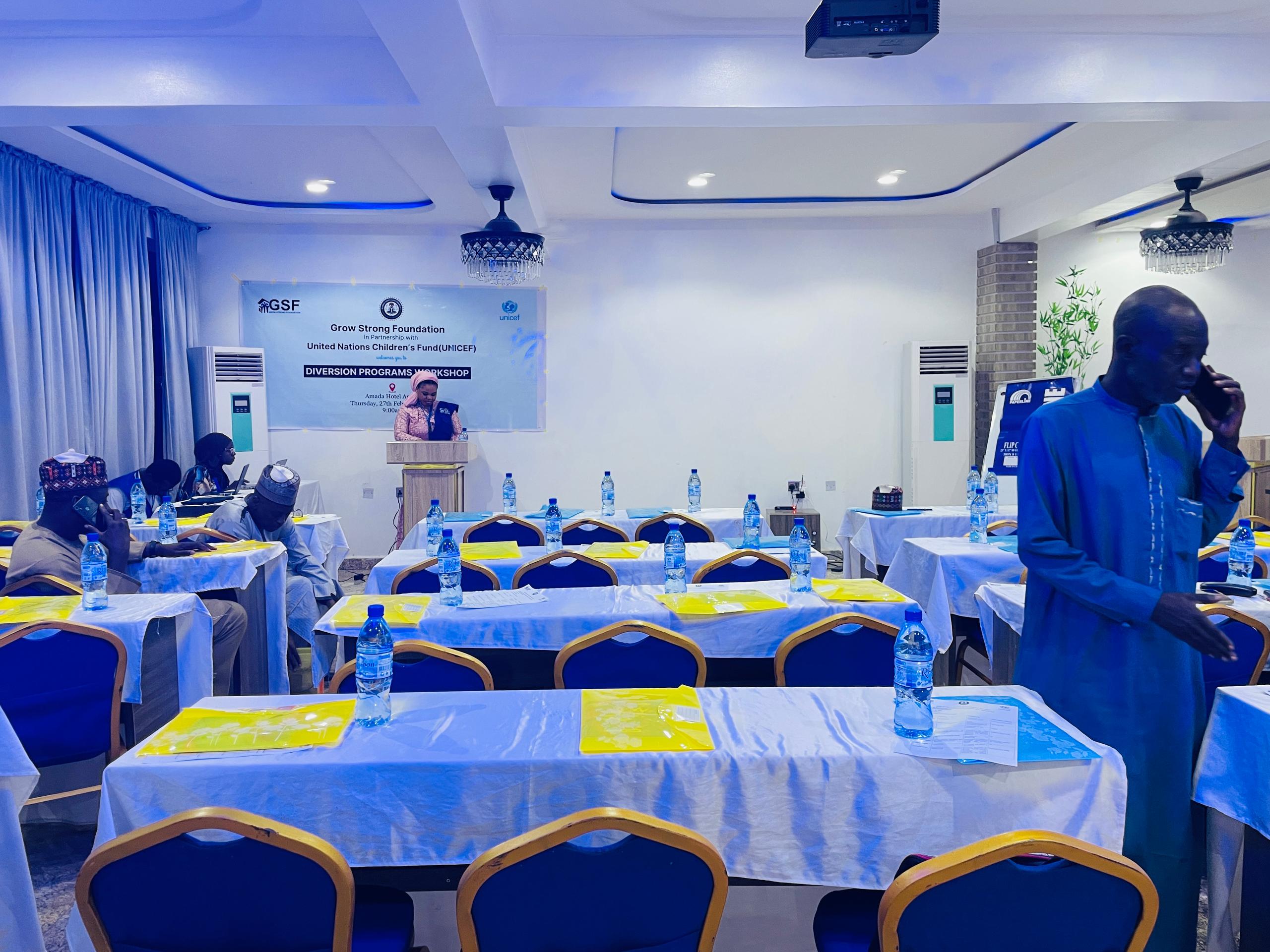
01Integrated Program Delivery
We implement multi-sectoral projects that span child protection, gender-based violence prevention, education, nutrition, WASH, early recovery, and peacebuilding. By integrating services, we holistically address the complex challenges faced by vulnerable populations.
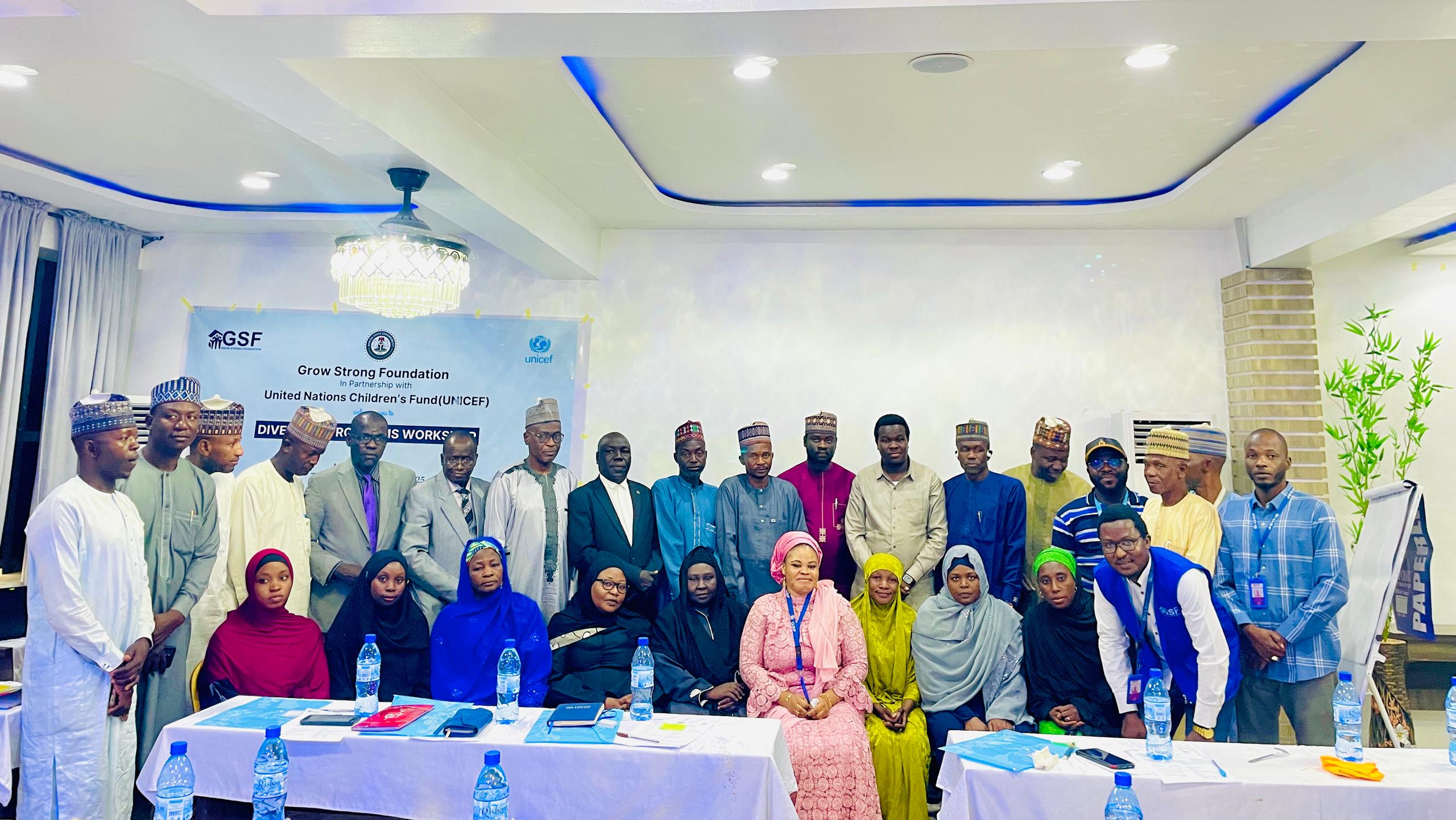
02Advocacy and Policy Influence
GSF drives change beyond service delivery by advocating for inclusive policies at local, national, and international levels. Our efforts have contributed to the domestication of child protection laws and the promotion of gender equality and social inclusion.
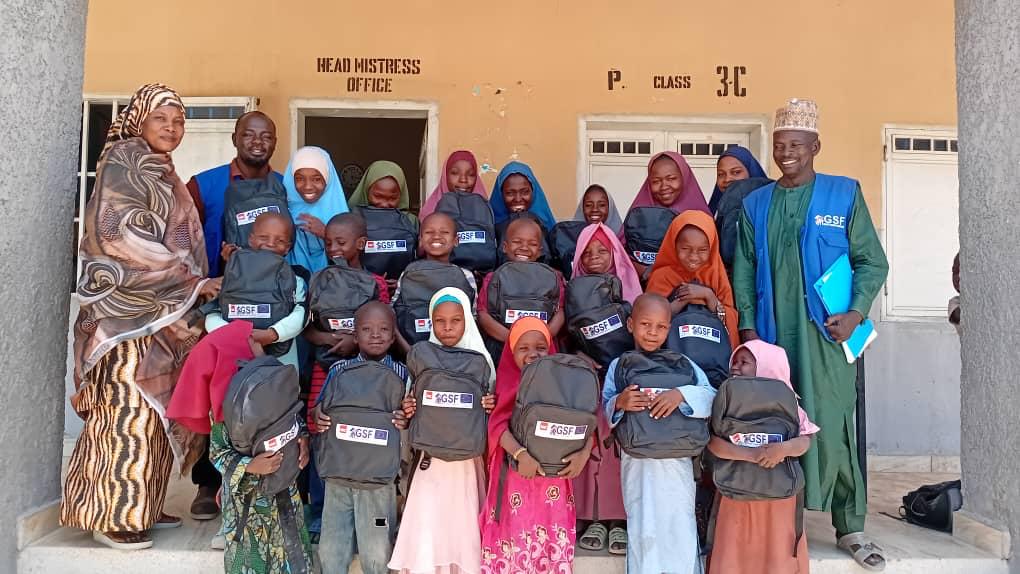
03Community Engagement Empowerment
We work closely with local communities to understand their needs and design context-specific programs. Our grassroots approach ensures ownership, participation, and sustainability of our interventions.
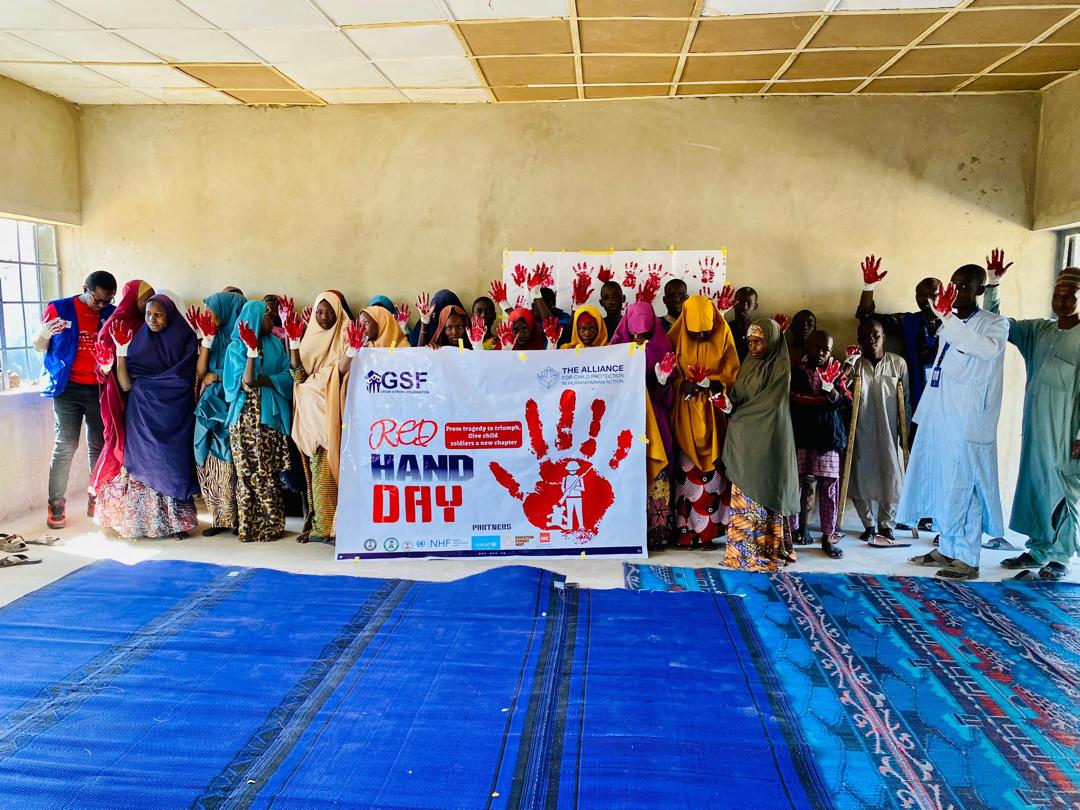
04Strategic Partnerships
We collaborate with government institutions, humanitarian actors, and international organizations such as UNICEF, NHF, and Street Child Nigeria to amplify impact and leverage resources for greater outreach.
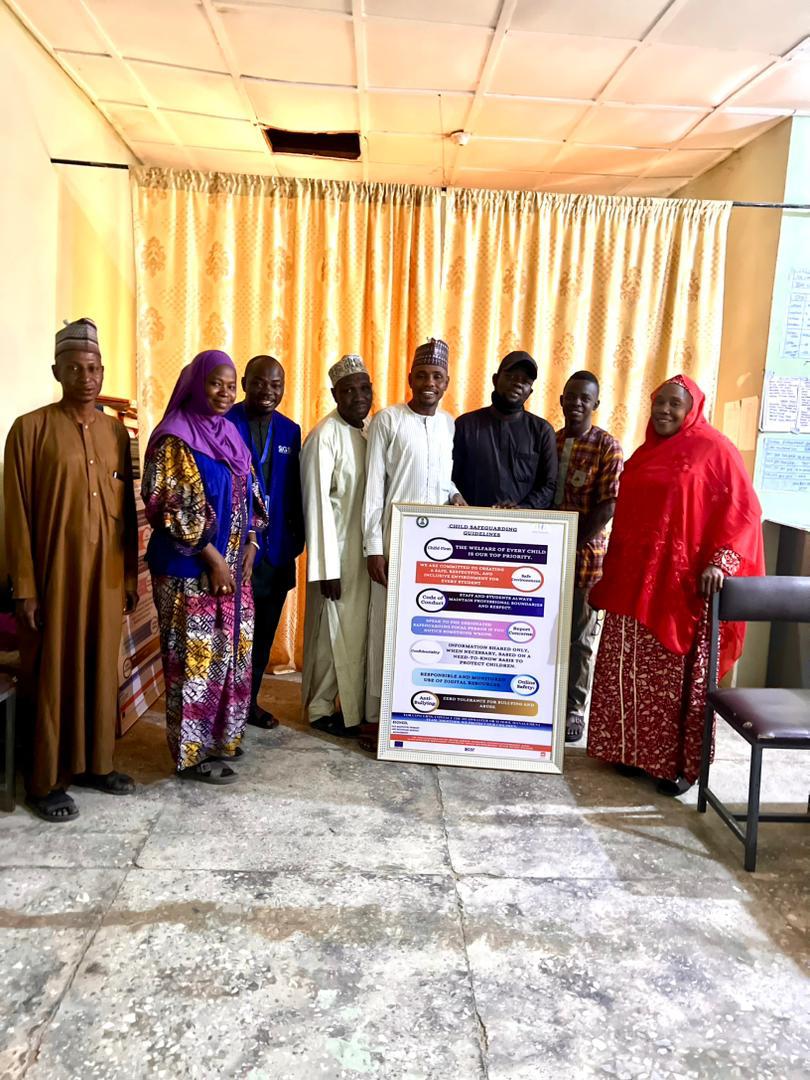
05Capacity Building
We equip youth, community leaders, and local institutions with knowledge, tools, and skills through training, mentoring, and technical support to foster leadership, resilience, and social change.
how we work
Community-rooted and impact-driven operations
At Grow Strong Foundation (GSF), our work is grounded in close collaboration with communities, local leaders, and stakeholders. Every intervention begins with grassroots engagement—identifying needs, building trust, and co-creating solutions that empower women, children, youth, and persons with disabilities.
From setting up safe spaces and delivering psychosocial support, to managing large-scale nutrition, education, and protection programs across multiple states, our teams ensure that assistance reaches those who need it most, when they need it.
Our decentralized field offices in Borno, Yobe, Adamawa, Zamfara, and Sokoto serve as operational bases for our rapid response teams, while partnerships with national and international organizations like UNICEF, NHF, and Street Child Nigeria strengthen our capacity and reach.
Rigorous logistics planning supports our work—from delivering WASH supplies during emergencies, to providing training materials, medical kits, and food vouchers. Each project is backed by robust coordination, monitoring, and accountability systems that ensure transparency and continuous improvement in service delivery.
